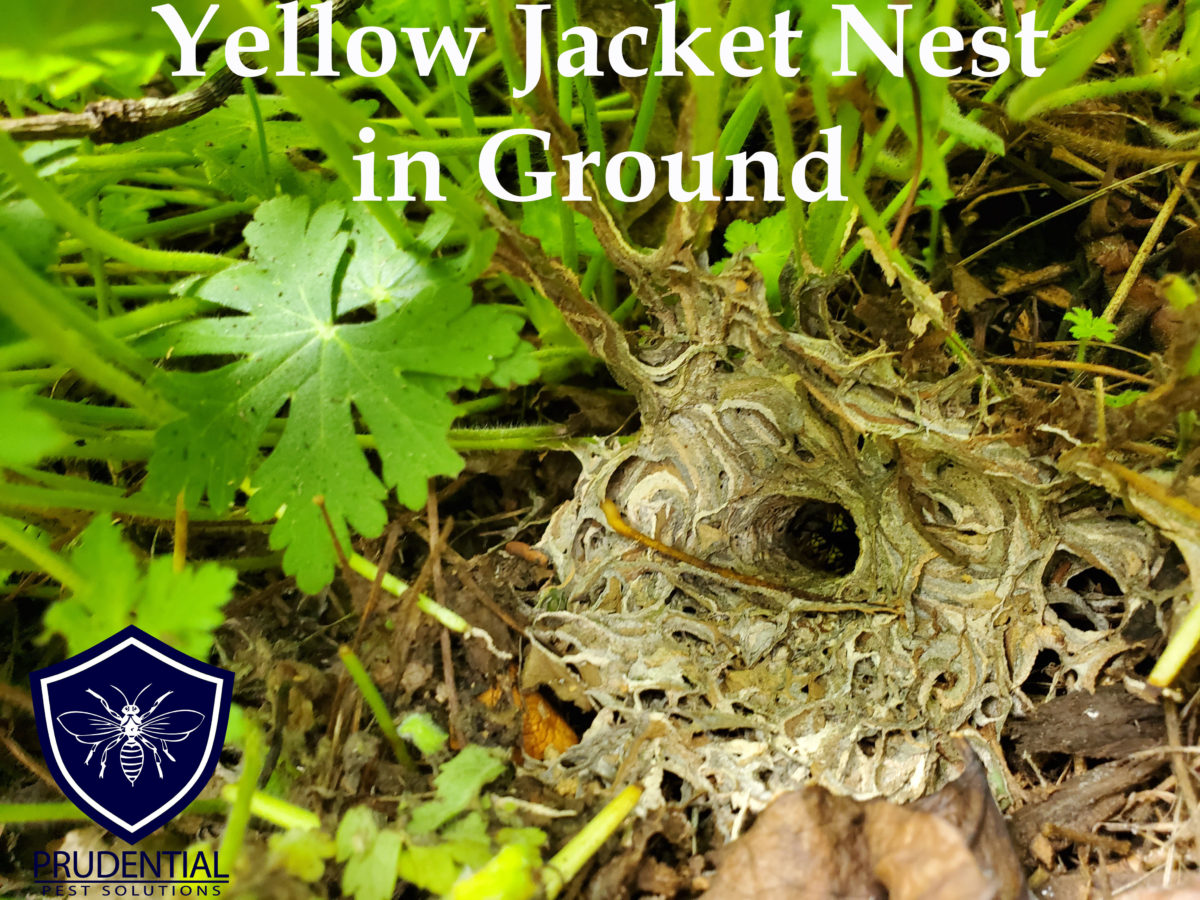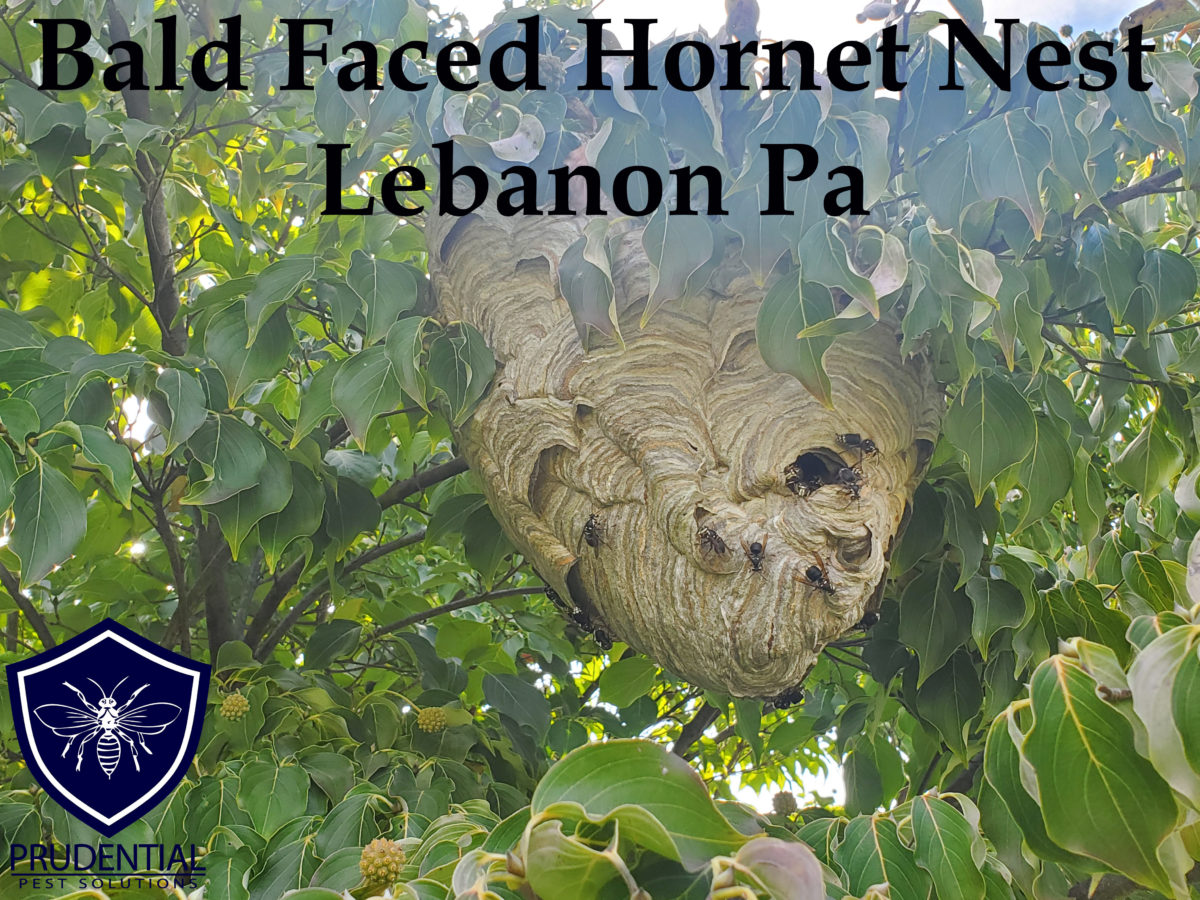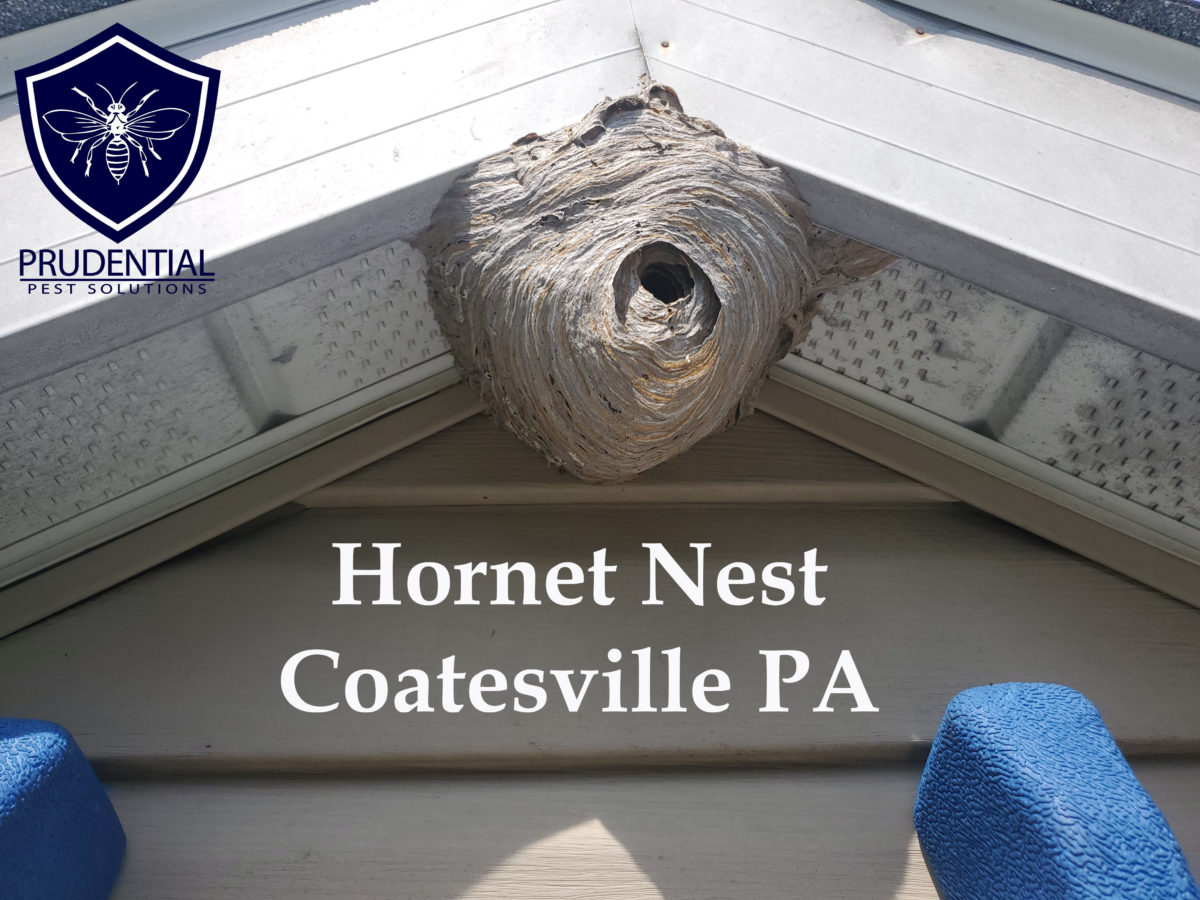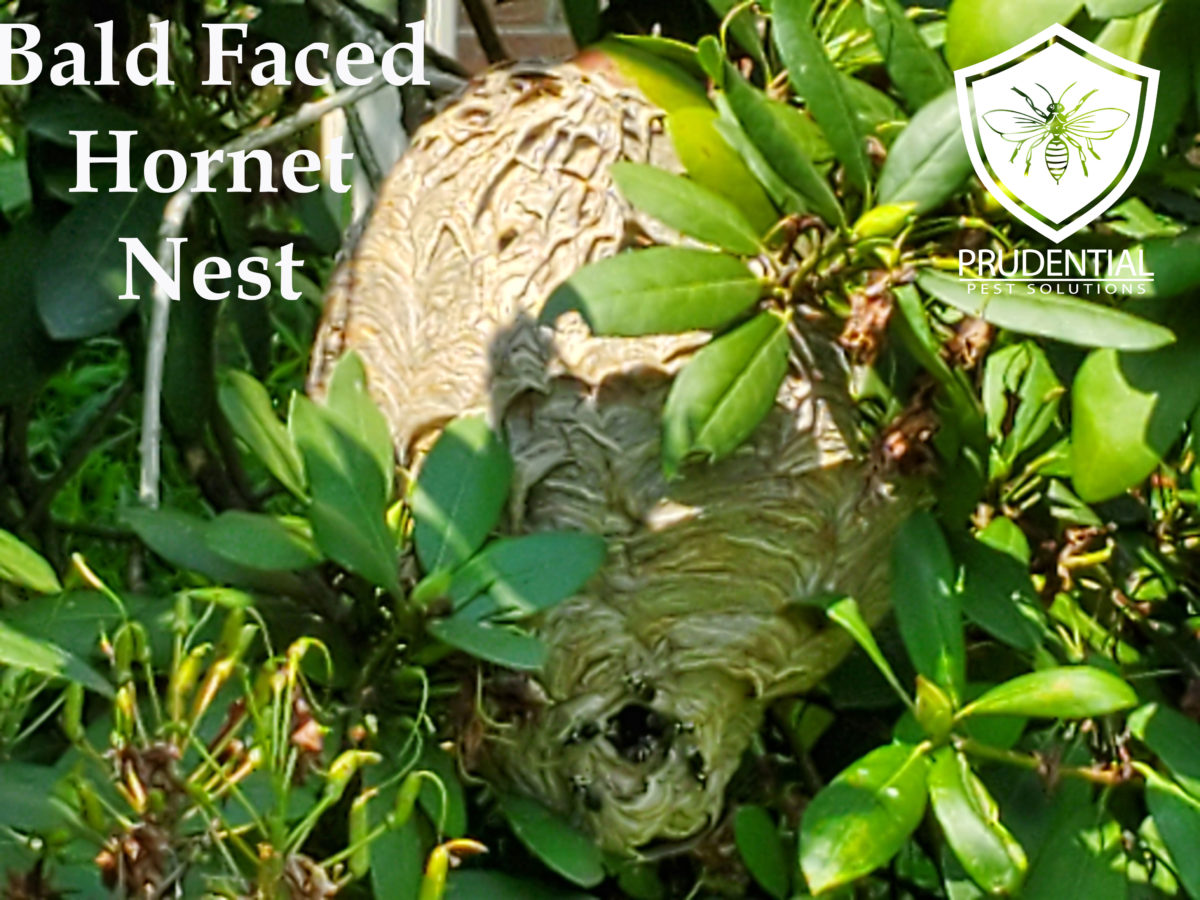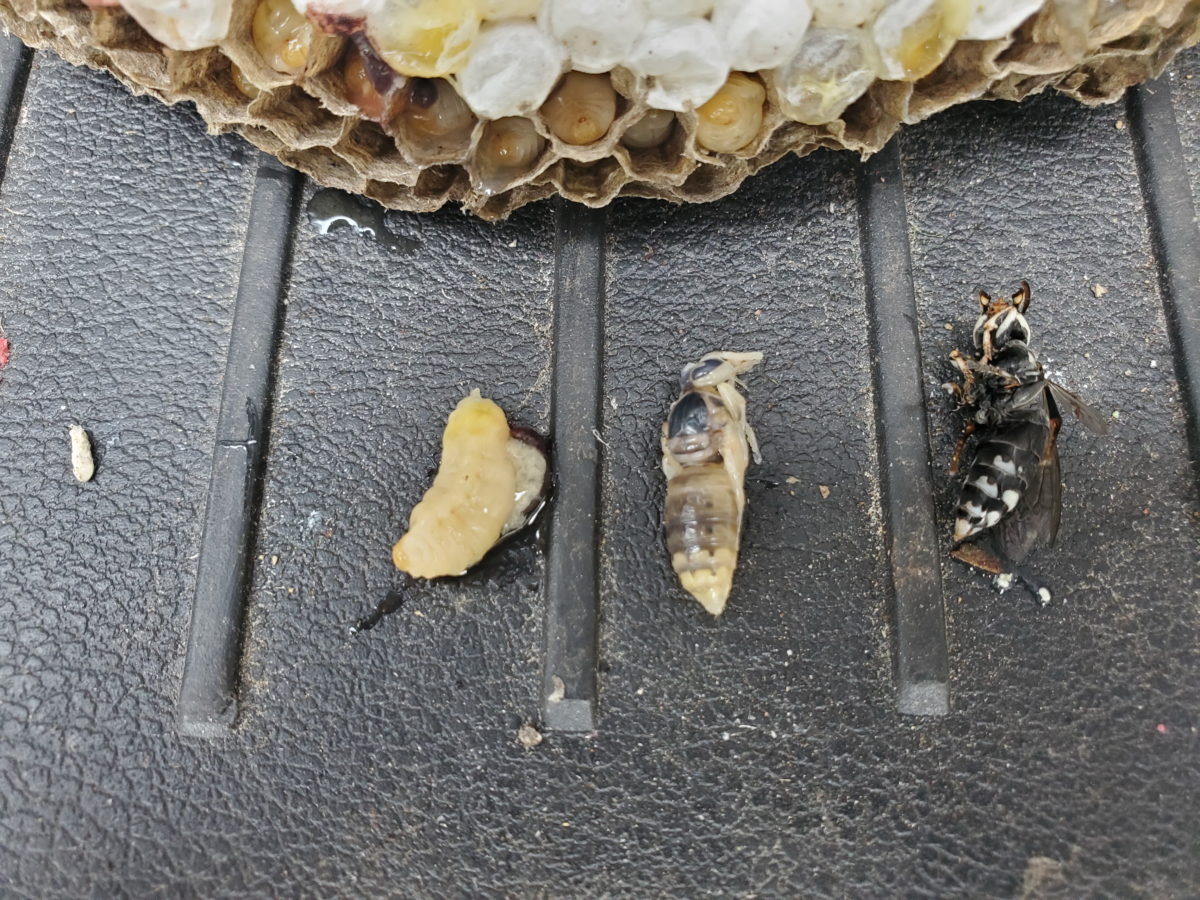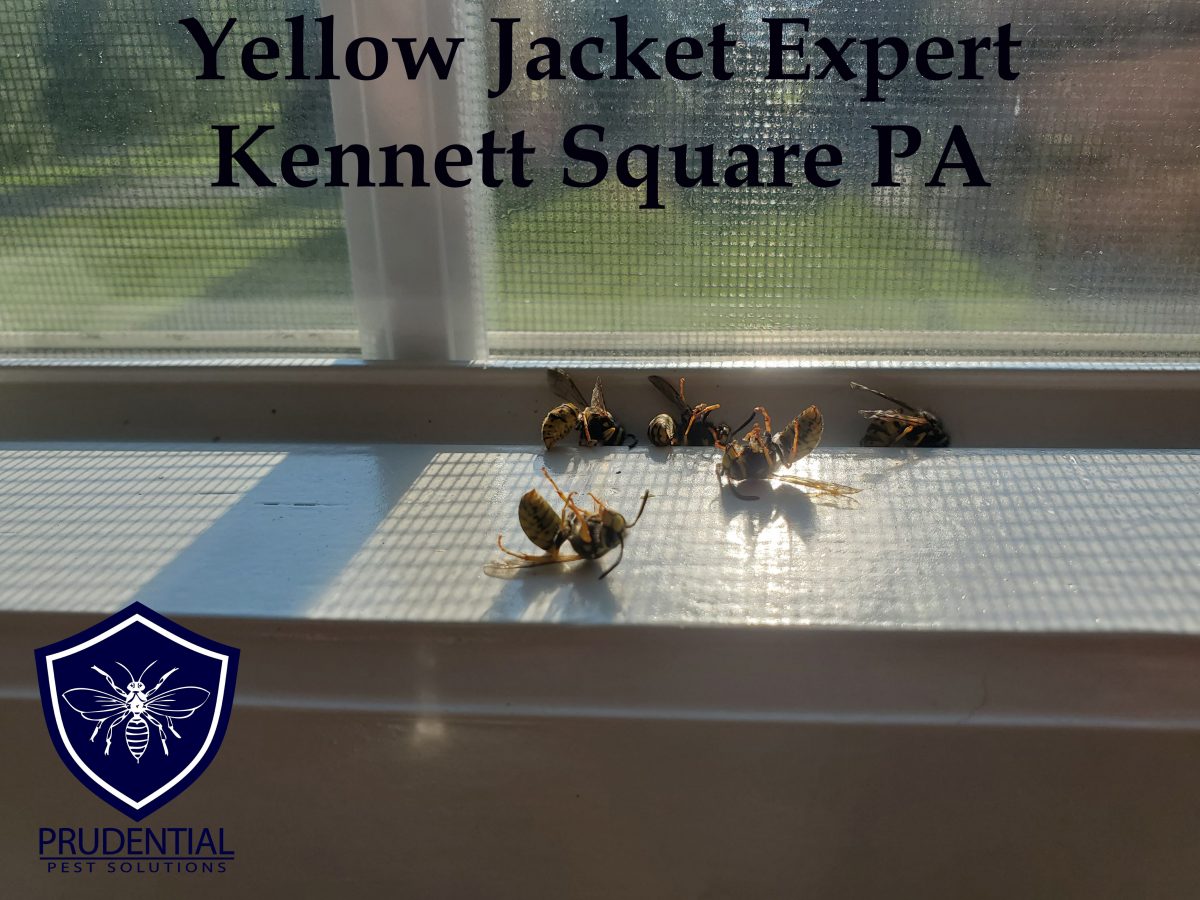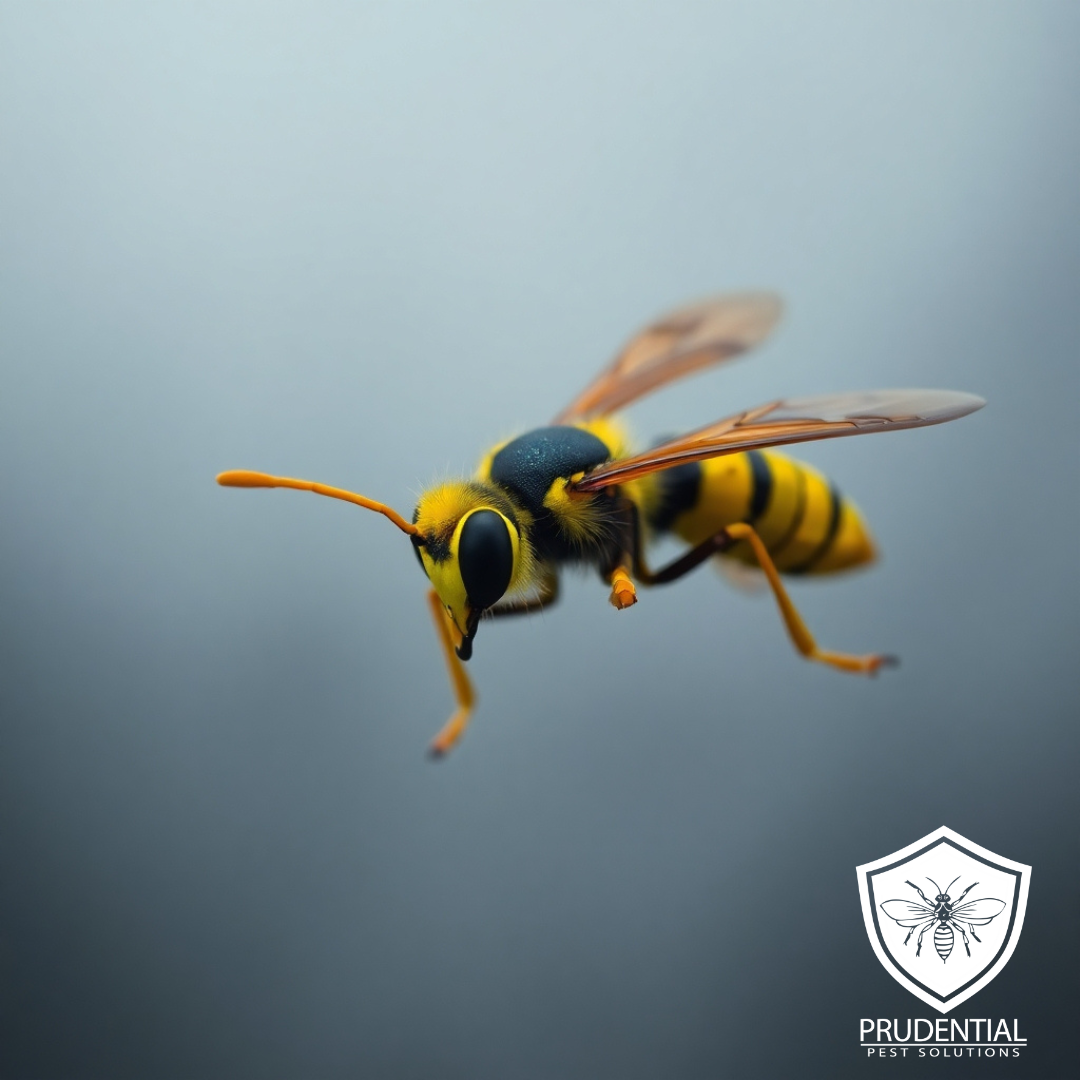
Yellow Jacket Nest in Closet in Malvern
This homeowner was cleaning out a closet in their living room[…]
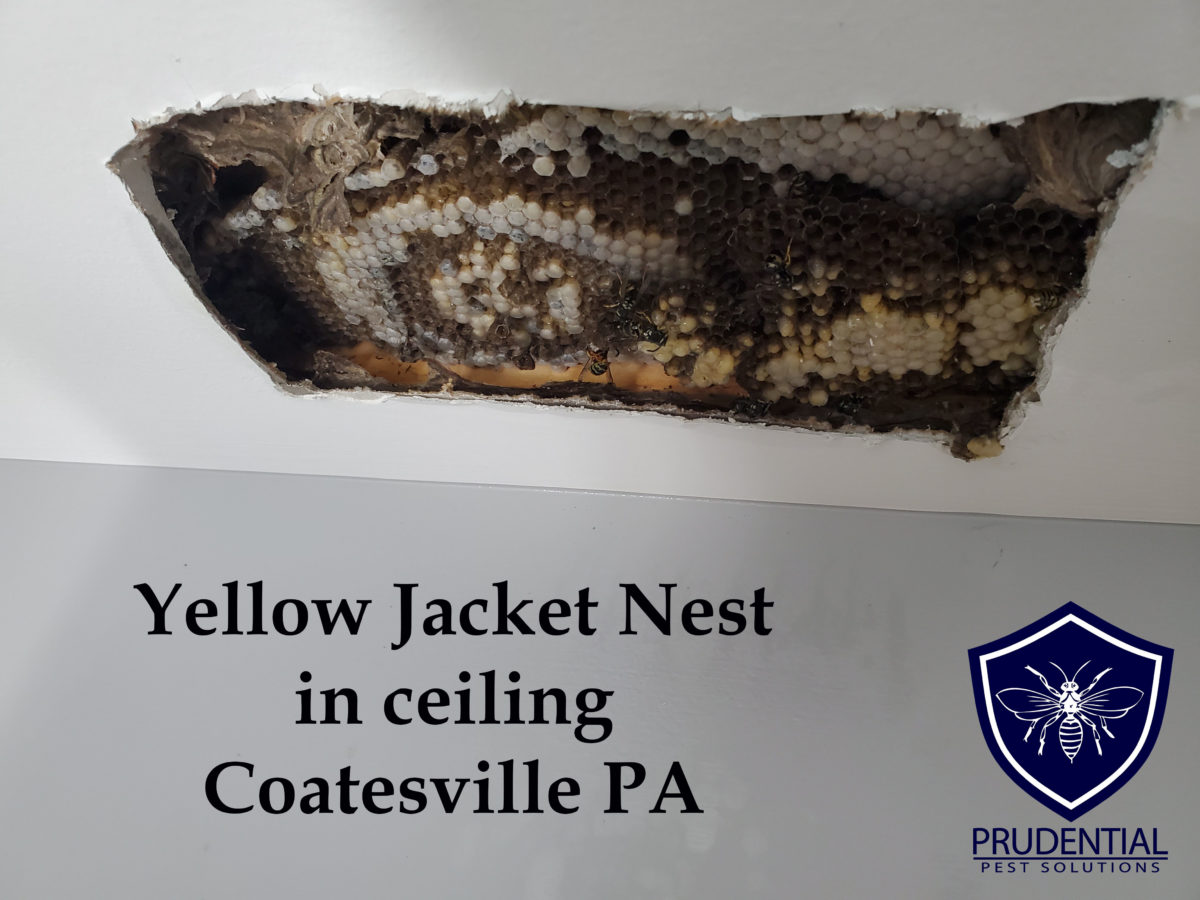
Yellow Jacket Nest in Ceiling Coatesville PA
We had a client in Coatesville PA, which is in Chester[…]
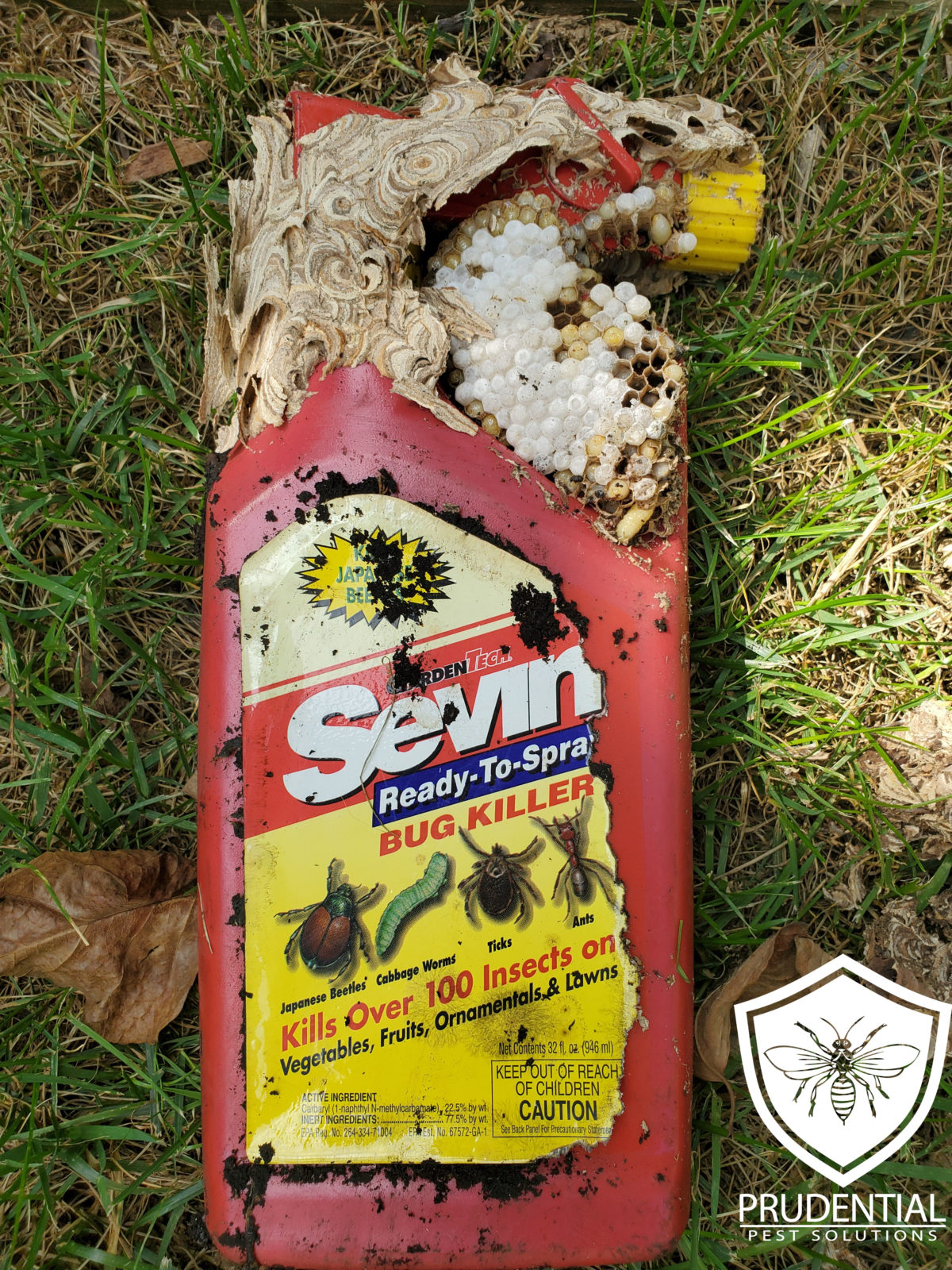
Yellow Jacket Nest Built on Pesticide Bottle
This was a very unique yellow jacket treatment and removal job[…]
